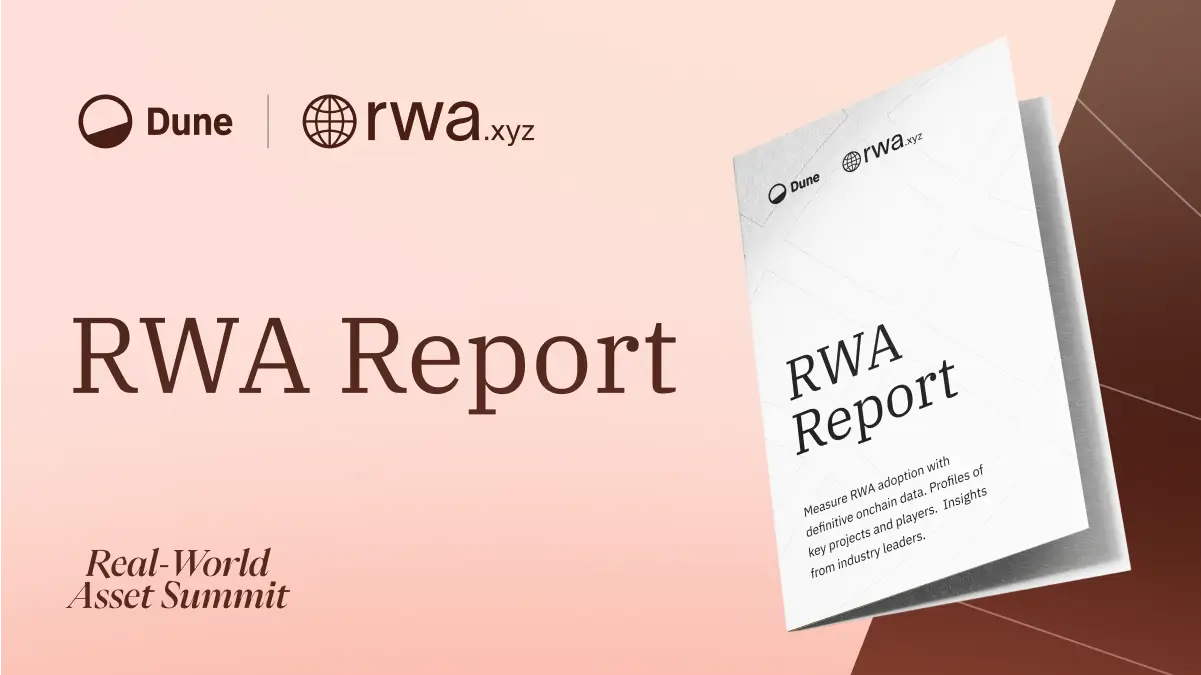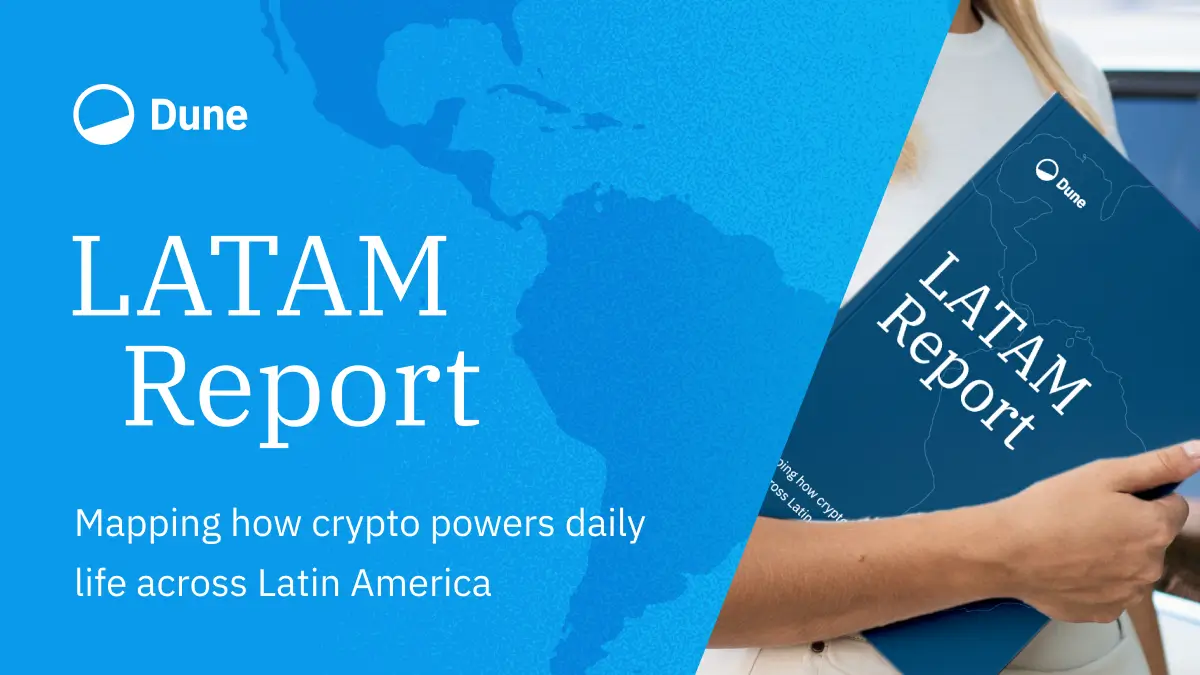Dune Digest 006
Onchain ecosystems are evolving fast, with new protocols across Base, Arbitrum, Solana, and Ethereum pushing the boundaries of gaming, DeFi, messaging, and token launches—all powered by player economies, composability, and DAO-aligned incentives.
Exclusive content

Download Content


Inside the Cambria Gold Rush
Data from @petertherock shows that Cambria’s second season drew strong engagement, with over 9,000 players spending $1.06M on in-game items—70% on Charters and 30% on Energy Orbs. The prize pool reached a historical high of $935K. The season peaked on April 11, with $491K in purchases and 14,000 Charters sold—12K on Abstract. As of April 17, trade volume stands at $8.8K, with the majority of activity continuing on Abstract. Cambria remains a noteworthy case for how onchain games can sustain significant player-driven economies.

Towns Bring Onchain Messaging at Scale
Towns is a decentralized messaging protocol built on Base, enabling users to create programmable, ownable chat spaces with onchain memberships, encrypted messaging, and integrated crypto features like tipping and NFT access. With over 350K spaces created, Towns has seen rapid adoption. Per mineralchik's dashboard, recent activity surged to an all-time high of 13K daily users and 6K+ new spaces per day, driven by strong community interest and expectation around its points system. Towns is shaping up to be a compelling onchain alternative to web2 platforms like Discord.

Arbitrum Rethinks MEV with Timeboost Launch
Arbitrum’s new Timeboost mechanism, launched on April 17, introduces a second-price auction system for transaction ordering, replacing the previous First-Come, First-Served model. Designed to reduce MEV-driven spam and improve network efficiency, Timeboost lets users bid for priority inclusion, with most proceeds flowing to the Arbitrum DAO. According to data from Entropy Advisors’ new dashboard, the mechanism has already generated 1.77 WETH (~$2.8k) in revenue, 1.71 of which to the Arbitrum DAO. While still early, Timeboost represents a significant step toward market-driven blockspace allocation on L2s and a promising model for DAO-aligned revenue generation.

Multilevel Yield with lvlUSD, Morpho & Pendle
On April 15, lvlUSD announced a major integration with Morpho and Pendle, enabling holders of lvlUSD, slvlUSD, and Pendle PTs to borrow lvlUSD or USDC on Morpho, boosting capital efficiency for the stablecoin holders. Across the top three lvlUSD-related markets, total supply has reached $14.9M with an average utilization rate of 89%. With $4.1B+ in deposits and over $103M in interest generated, Morpho provides an efficient venue for lvlUSD’s expansion—and this tripartite integration highlights the accelerating pace of composability in DeFi.

Raydium's LaunchLab Enters the Arena
On April 16, Raydium rolled out LaunchLab, its new all-in-one token launchpad—just weeks after Pump.Fun debuted Pump Swap to compete with Raydium’s AMM. In its first few days, LaunchLab saw 2.8K tokens launched, 60+ graduated, and 14K+ unique wallets interact. But the key question is scale: Pump.Fun saw over 100K tokens launched in the same timeframe. As for AMMs, Pump Swap captured just 10–15% of market share so far, with Raydium still handling the bulk of trading volume. Whether LaunchLab can flip the script and credibly challenge Pump.Fun’s memecoin factory remains to be seen.

Ready to bring your Blockchain to Dune?
Power your App with Dune data
Steam Dune data in your analytics environment

Want to join Dune?


Dune Datashare
Ready to get started?
Individuals + Small Teams

Enterprise






